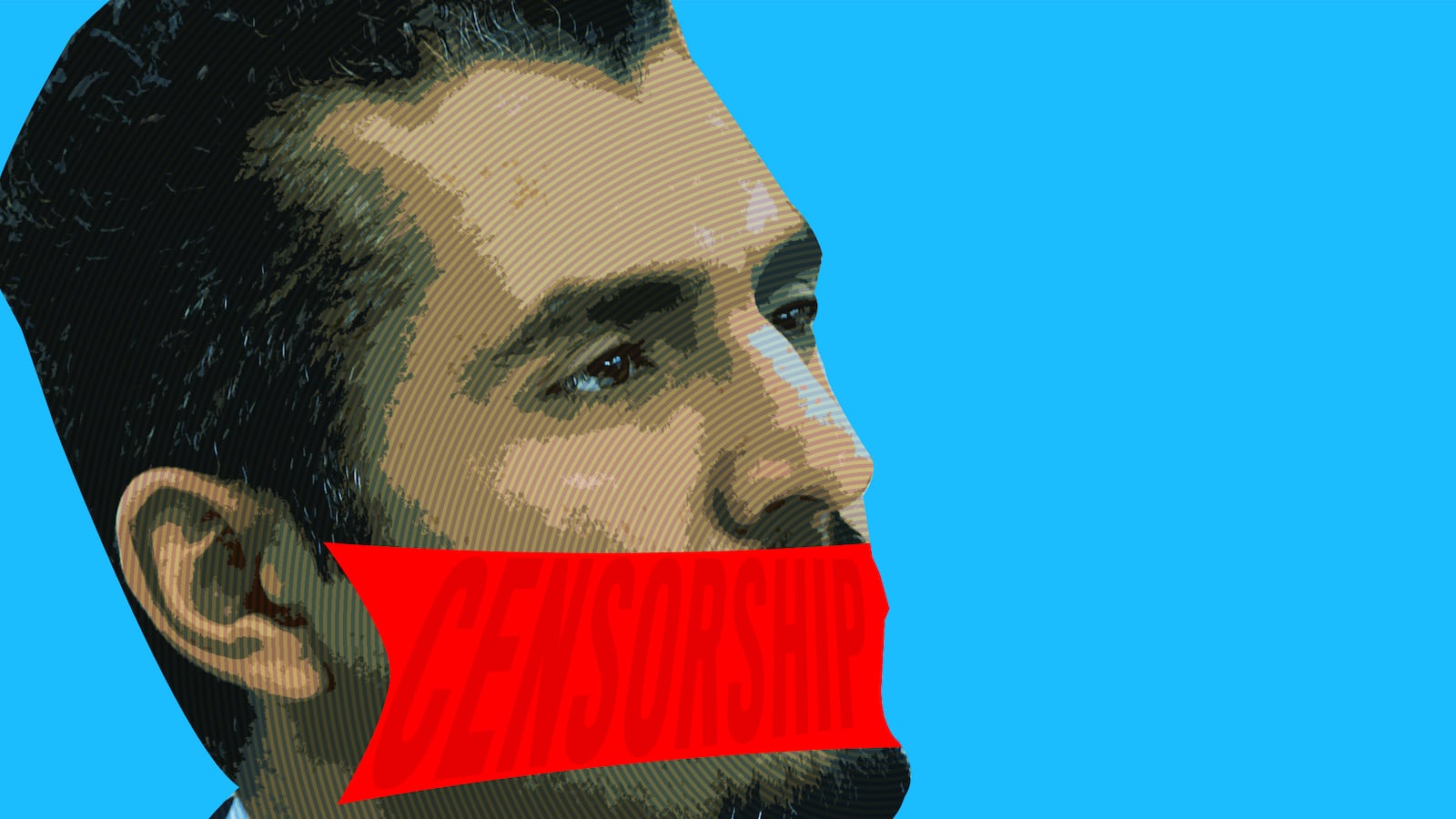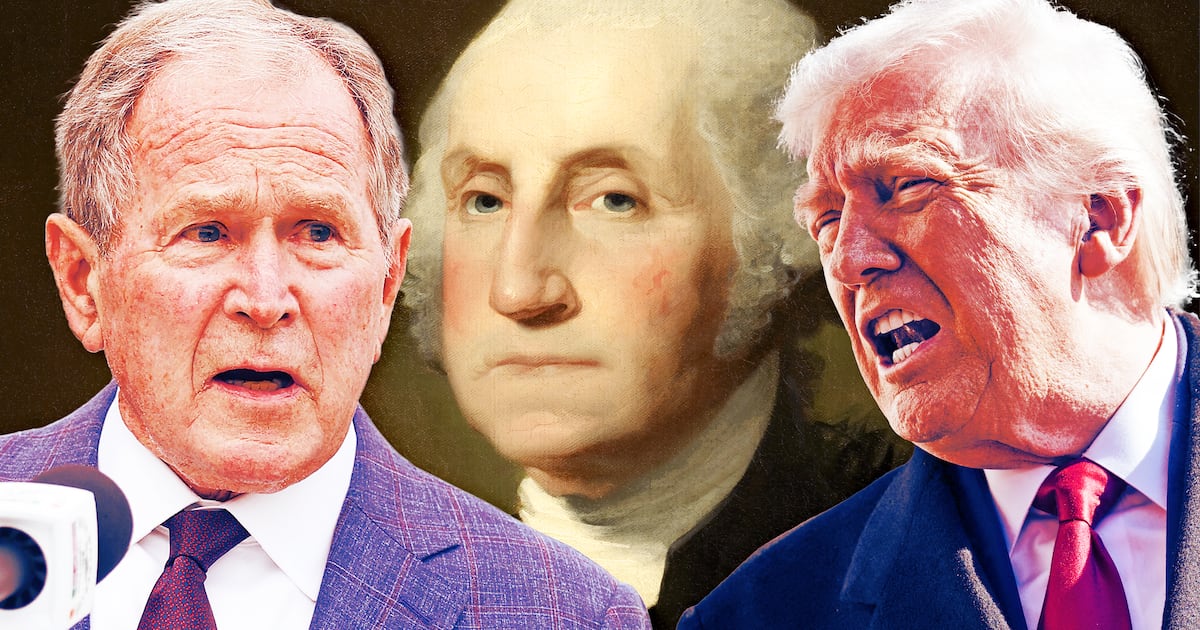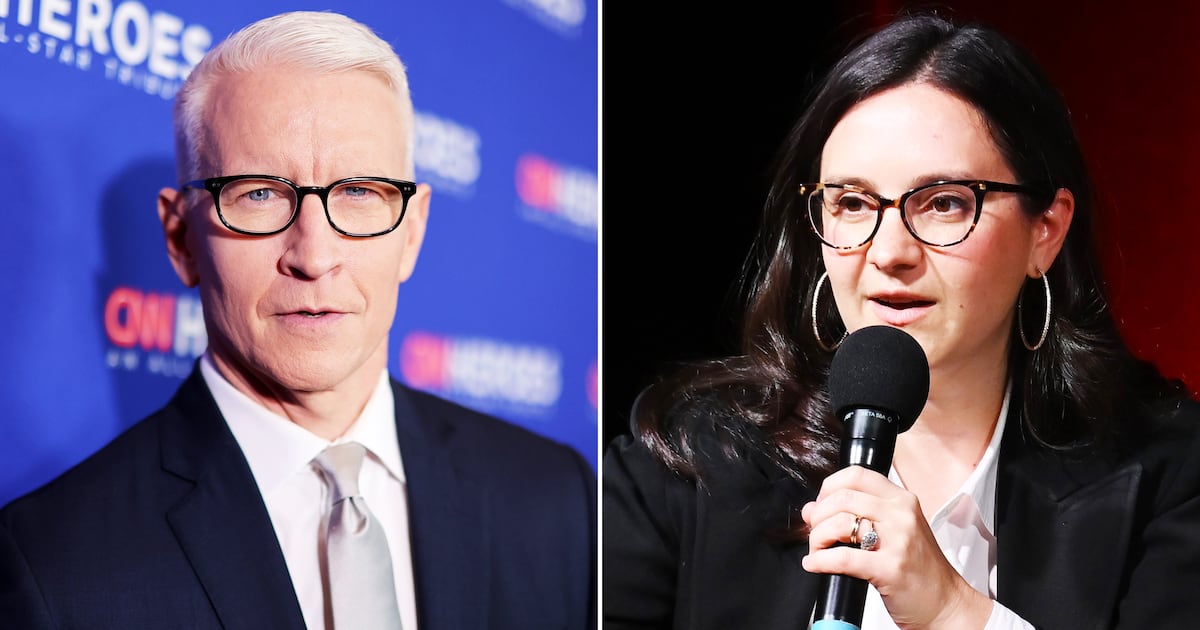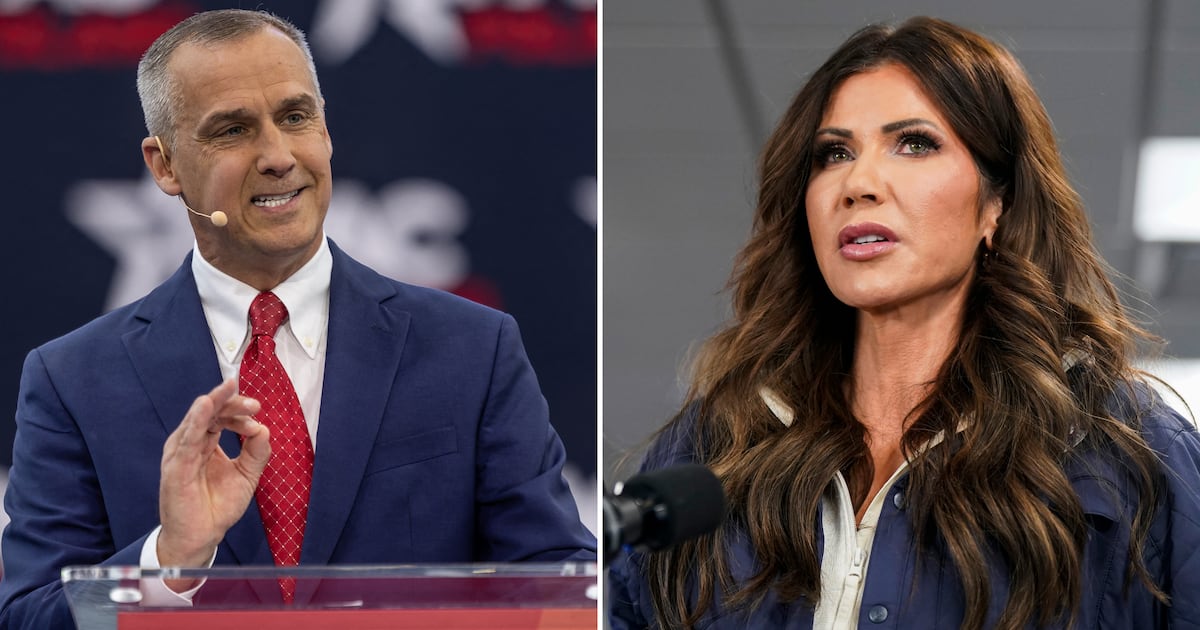I am no man’s “porch monkey.”
To be forced to defend oneself is an inherently undesirable position to be in. The focus shifts from ideas to the person conveying them. Since the likability of any personality is subjective, there is no real way for the discussion to proceed from here. The moment a cause becomes about the messenger and not the message, it is already lost. Defending oneself can publicize the original smears, and even worse, those peddling them, providing traction to false allegations. Some of that mud always sticks. To the uninitiated outsider it appears like a petty argument. The original smear—which invariably circulates anyway—is relegated to “they had a fight,” and third parties feel empowered to piously interject with unsolicited advice, a variation of: “grow up.” I suspect that most of these reasons are precisely why ad hominem is the last resort of the scoundrel.
For a while now, a tide of racialized smears, primarily focused on denying my intellectual agency and policing which of my thoughts are “authentically Muslim” and which are deemed “too white,” have been building against me by those on the regressive left. These smears began after I, a Muslim, began a dialogue with leading atheist thinker Sam Harris on the future of Islam, my own religion. The smears peaked when Sam and I addressed a crowd at Harvard on the results of our conversation.
Nathan Lean, a non-Muslim author, felt it appropriate to decide which conversations are legitimate for me, a Muslim, to have with others about my own religion. His first instinct was to simply erase any notion of my joint authorship with Sam. When it was pointed out that Sam’s co-author was a Muslim, Lean replied that my contribution was merely as Sam’s “Muslim validator” and later his “lapdog.”
To suggest that a Muslim cannot think for himself sounds to me very much like an incident of anti-Muslim bigotry. A curious position to take for someone whose book is on “Islamophobia,” and who now sits on the advisory board of a UK-based “anti-Muslim hate” watchdog called TellMama. Indeed, who is watching the watchers.
Over at CNN’s blog, Haroon Moghul laid the blame for young Ahmed Mohamed’s profiling in Texas at my feet, tracing a line from anti-Islam activists Pamela Geller, Robert Spencer, and Glenn Beck directly to me. Let us put aside the fact that Glenn Beck considers me a closet Jihadist and that I had already publicly expressed sympathy for Ahmed, I have been an opponent of racial and religious profiling for years, challenging left-wing, Muslim, UK Labour government ministers on this practice since 2010.
But Murtaza Husain at Glenn Greenwald’s Intercept site felt so aggrieved, so agitated, so angry at my decision to talk to those with whom I disagree, about my own religion, that he posted a photo of Sam and me in conversation using the words “nice shot of Sam and his well-coiffed talking monkey.” When challenged the writer doubled-down, deciding that I was in fact a “native informant,” and nothing but Sam’s “porch monkey.”
Language that is designed to dehumanize, has consequences. And as secular bloggers are being hacked to death in Bangladesh, and secular writers such as Raif Badawi are being lashed in Saudi Arabia, merely for questioning their own culture, reforming voices must no longer acquiesce to this rising tide of intimidation and de-legitimization.
I am a Muslim. I am born to Muslim parents. I have a Muslim son. I have been imprisoned and witnessed torture for my previous understanding of my religion. The “Muslim experience” of liberal, reforming and dissenting Muslim, and ex-Muslim, voices is every bit as valid, every bit as relevant, and every bit as authentic as anyone else that is touched by this debate. But beyond that, just as one does not need to be brown to discuss racism, one does not need to be Muslim to discuss Islam. Ideas have no color, or country. Good ideas are truly universal. Any attempt to police ideas, to quarantine thought based on race or religion, and to pre-define what is and what isn’t a legitimate conversation, must be resisted by all. We would rightly wince if anyone called a white man a “blood-traitor” for befriending an African-American. It is no different to imply that certain stances taken by a Muslim, of their own agency, is nothing but “validation” for the “white man.” The pitfalls of “Am I Black Enough” are well-known. It is equally dangerous to disappear down the “Am I Muslim Enough?” rabbit hole. For the only winners in this gutter game of one-upmanship are ultimately the religious fanatics.
And finally, a message for my fellow Muslims: The truth is, Sam Harris has already—and generously—stated that he feels our dialogue influenced him more than me. I am not your enemy. Since co-founding my counter-extremism organization Quilliam as well as opposing UK ministers on ethnic and religious profiling, I have opposed President Obama’s targeted killings and drone strikes. I challenged Senator King in the UK Parliament on his obfuscation and justification for torture. I have been cited by the UK Prime Minister for my view that non-terrorist Islamists must be openly challenged, but not banned. I have spoken out against extraordinary rendition of terror suspects and against detention without charge of terror suspects. I have supported my political party, the Liberal Democrats, by backing a call to end Schedule 7, which deprives terror suspects of the right to silence at UK ports of entry and exit, something I have also been subjected to, whilst having my DNA forcibly taken from me among much else.
What I require, dear Muslims, is your patience. For it is due to precisely this concern of mine for universal human rights, that I vehemently oppose Islamist extremism and call for liberal reform within our communities, for our communities. I merely express my opinion about the future of our religion. I am not your enemy. I am not your representative. I am not your religious role model… but I am still from you, and I am of you. I have suffered all that you suffer. And I refuse to abandon you.






